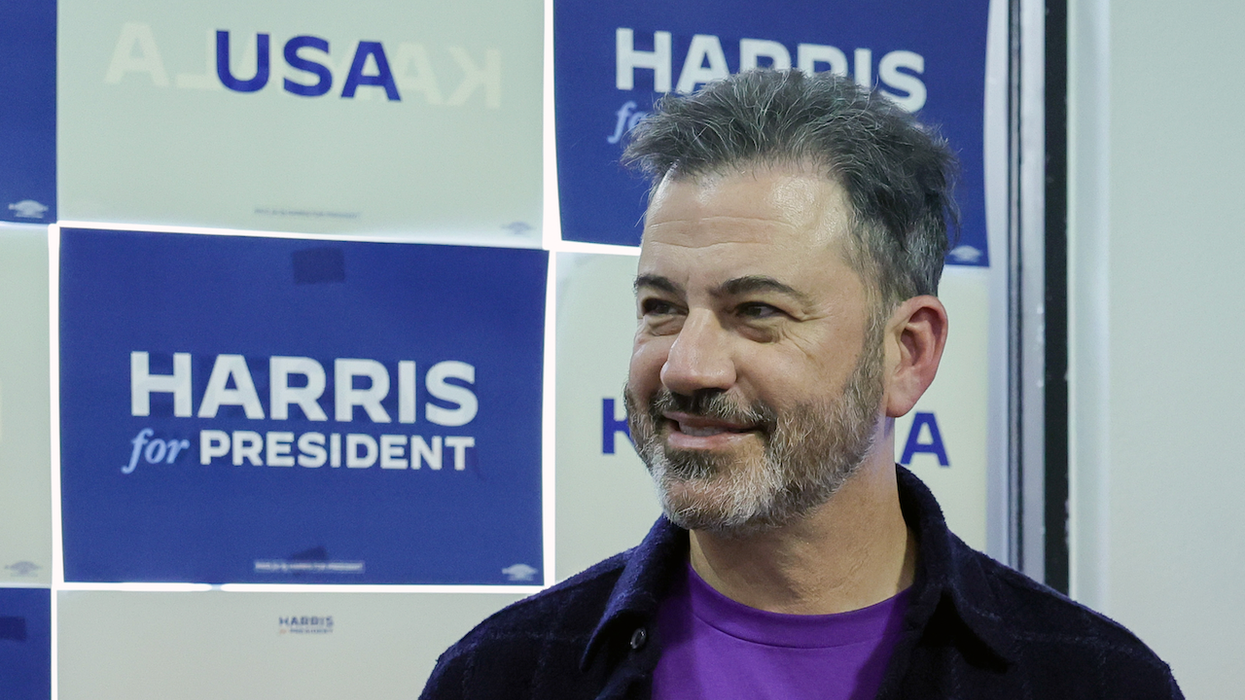
California Community Colleges Chancellor Eloy Ortiz Oakley says that requiring all students to take algebra is a "civil rights issue." Oakley said he wants to get rid of the requirement for any community college student who isn't a STEM major, or focusing their studies in the areas of science, technology, engineering and math.
(Mario Tama/Getty Images)


